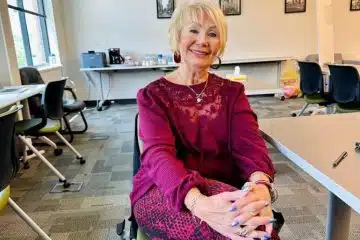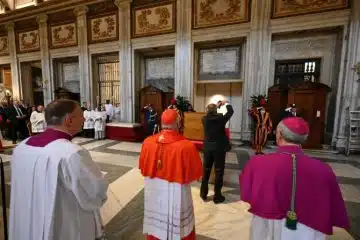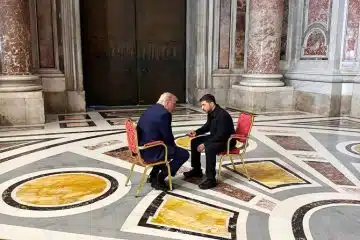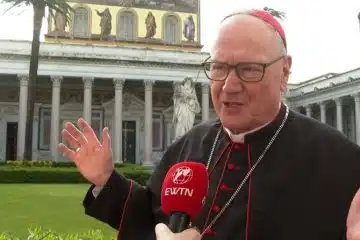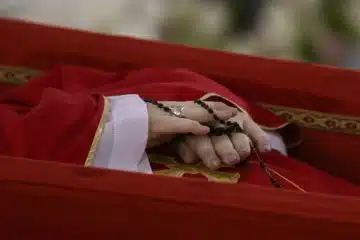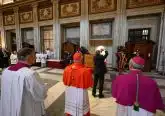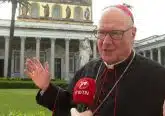National Migration Week scheduled for January 4-10
Press Release
Pope Francis, on World Day of Peace, stressed one resolution for everyone: to accept without reservation that “all people are in relation with others, from whom they differ, but with whom they share the same origin, nature, and dignity.” The U.S. Catholic bishops echo this in their theme for National Migration Week Jan. 4-10: “We are one family under God.” Pope Francis comes back on the Day of Migrants and Refugees Jan. 18 to say: Jesus Christ is always waiting to be recognized in migrants and refugees, in displaced persons and in exiles.
Humans have been migrating ever since they left Africa 60,000 years ago, and today’s number of immigrants, legal and illegal, is sharply on the increase, thanks to the evils of the 21st century. Political and civil unrest, poverty, drug cartels, human trafficking, terrorism, and war have caused an unprecedented rise in the numbers of people who had to flee their homeland.
In the past year, at least 200,000 Africans attempted to reach Europe by crossing the Mediterranean Sea, a journey so dangerous that over 3,400 died on the way. A record number of unaccompanied minors from Central America arrived in the United States in 2014, an influx so great that it borders on a humanitarian crisis. Drug trafficking has ensnared 2.5 million victims spread over every region of the world, the United States included. At least 20 million adults and children are bought or sold sex annually around the world.
Because of the extraordinary migration of people fleeing dire situations, many countries are becoming patchwork quilts of cultures, a fact that brings a deeper significance to the messages of oneness and equality given by the pope and his bishops. In the United States, close to 15% of the population is foreign born. Pope Francis says each one of those 45 million people is equal in value and dignity to every native born citizen.
Within communities, however, including church communities, some look down with distrust and unfriendliness on immigrants, even those who are children. Because migrants look different, speak a different language, have a different set of customs, they become suspect. And the fact often escapes the “insider” that every “outsider” asking for inclusion has a name, unique gifts, and a personal life story, often one of deep pain.
Pope Francis says there is no room for suspicion and prejudice, and he gives clear guidelines on how to avoid or replace such attitudes:
• love Jesus in the poorest and most abandoned.
• draw close to them through prayer and works of mercy.
• go beyond mere tolerance; deepen and
strengthen the values needed to guarantee peaceful coexistence between persons and cultures.
• respond to the globalization of migration with the globalization of charity and cooperation.
• recognize in the other a brother or sister to care for, and to work together with, in building a fulfilling life for all.
• embrace a spirit of fraternity that will overcome individual selfishness which conflicts with the ability to live in freedom and harmony.
For more on National Migration Week, visit the United States Conference of Catholic Bishops’ website HERE.
This story originally appeared in the January 2015 print edition of The Catholic Telegraph.




